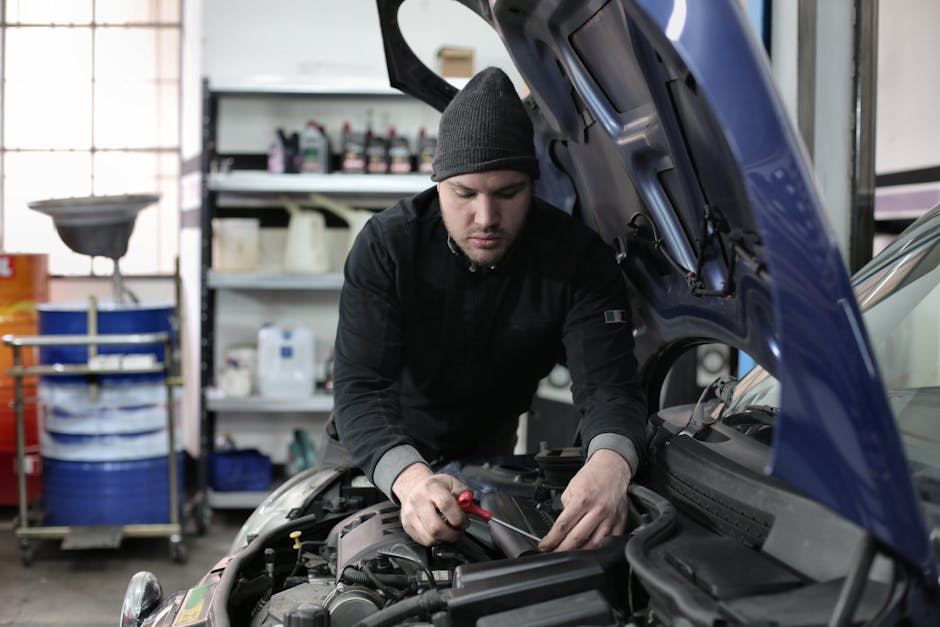 The Joy of Raising Labrador Retriever Puppies: A Comprehensive Guide
The Joy of Raising Labrador Retriever Puppies: A Comprehensive Guide
Raising a Labrador Retriever puppy can be a thrilling experience, filled with endless moments of joy, laughter, and love. These friendly, outgoing dogs are one of the most popular breeds in the world, and it’s easy to understand why. With their gentle nature, intelligence, and loving personalities, Labradors make excellent family pets and beloved companions. As you prepare to welcome a new Labrador Retriever puppy into your life, it’s essential to understand what to expect and how to provide the best possible care for your new furry friend.
Before Bringing Home Your New Furry Friend
Before you bring home your new puppy, it’s crucial to prepare your home and family for the arrival. This includes puppy-proofing your home, setting boundaries, and establishing a routine. You’ll also need to decide on a name for your new pup, which can be a fun and creative process. labrador retriever puppies are known for their intelligence and trainability, so you may want to consider enrolling your puppy in obedience classes as soon as possible.
The First Few Weeks: A Critical Period of Development
The first few weeks of your Labrador Retriever puppy’s life are a critical period of development. During this time, your pup will be learning essential skills, such as potty training, socialization, and basic obedience commands. It’s essential to be patient and consistent during this period, as your puppy will be relying on you for guidance and support.
Potty Training: A Necessary Evil
Potty training is one of the most challenging aspects of raising a Labrador Retriever puppy. Labradors are prone to accidents, especially during the first few months of their life, so it’s essential to remain patient and consistent. Start by establishing a routine that takes your puppy outside frequently, and reward good behavior with treats and praise.
Socialization: A Key Component of Puppy Development
Socialization is a critical component of your Labrador Retriever puppy’s development. During this period, your pup will be learning important skills, such as how to interact with other dogs, people, and environments. You can socialize your puppy by taking them on regular walks, introducing them to new environments, and exposing them to different sights, sounds, and smells.
Health Considerations: Common Issues in Labrador Retrievers
Like all breeds, Labrador Retrievers are prone to certain health issues, including hip dysplasia, elbow dysplasia, and obesity. As a responsible dog owner, it’s essential to monitor your pup’s weight and overall health, and to work with your veterinarian to address any potential issues early on.
Nutrition and Exercise: A Recipe for Success
A well-balanced diet and regular exercise are essential for your Labrador Retriever puppy’s overall health and development. Start by feeding your pup a high-quality puppy food that meets their nutritional needs, and provide regular exercise, such as walks and playtime, to help them burn off excess energy.
Vaccinations and Preventative Care: A Must for Your Puppy’s Health
Vaccinations and preventative care are critical components of your Labrador Retriever puppy’s health. Start by scheduling a series of vaccinations, and continue to follow up with your veterinarian to ensure your pup stays on track. You’ll also want to consider microchipping your puppy, as well as implementing preventative measures, such as heartworm medication and flea control.
Training and Play: Building a Strong Bond with Your Puppy
Building a strong bond with your Labrador Retriever puppy requires patience, consistency, and positive reinforcement. Start by using reward-based training methods, such as treats and praise, to encourage good behavior. You’ll also want to incorporate playtime into your daily routine, as this will help your pup burn off excess energy and develop important social skills.
Conclusion
Raising a Labrador Retriever puppy requires time, effort, and patience. By understanding what to expect during the first few weeks of your pup’s life, potty training, socialization, health considerations, nutrition and exercise, vaccinations and preventative care, training and play, and following a comprehensive guide, you’ll be well on your way to raising a happy, healthy, and well-adjusted Labrador Retriever.